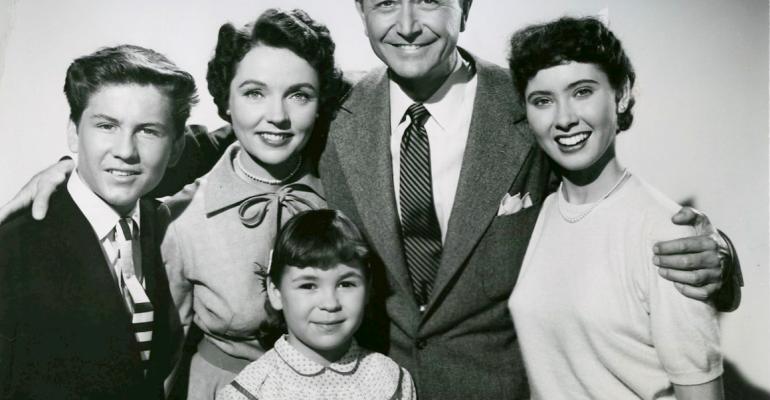MetLife said goodbye to its insurance agents this week, with the announcement to sell its Premier Client Group to MassMutual for about $300 million. The move could lead other insurers to divest their captive broker/dealers, as they focus their product distribution elsewhere.
“We could see more insurance broker/dealers go by the wayside, while those companies really concentrate on their core competency in manufacturing those policies and annuities,” said Bill Butterfield, senior analyst of the wealth management team at Aite Group.
Many insurers have shed their independent b/ds over the years—AIG being the most recent. In April 2013, MetLife sold its independent b/ds, Tower Square and Walnut Street Securities, to Cetera for an undisclosed sum. But perhaps a newer trend is for firms to divest their captive b/ds, begging the question, who could be next?
MetLife and other insurers have a long history of selling insurance and annuity products through their insurance agents. In fact, the father in the 1950s–60s TV show “Father Knows Best” was an insurance salesman. The actor, Robert Young, based his character off of his own insurance agent from New York Life.
“That was part of the fabric of America—the insurance agent, and that seems to be disappearing,” said Jonathan Henschen, president of the recruiting firm Henschen & Associates in Marine on St. Croix, Minn. “You can see the spiral. You have to wonder about firms like AXA.”
“I think it’s becoming more difficult in general for many of these insurance firms to count on the broker/dealer for distribution of their products,” Butterfield said. “Maybe 10 or 15 years ago, it was working out a bit better for them. But in terms of headwinds and open architecture and such, I think it’s becoming increasingly difficult for some insurance broker/dealers.”
Over the years, the rationale for having an advisor force—creating an easy distribution route for proprietary products—has yielded diminishing returns. New regulations don’t allow insurance firms to offer their b/d advisors incentives to sell their products, and the move to open architecture and independence has separated product manufacturing from distribution. The possibility that a fiduciary standard will be applied to all financial advisors providing retail advice could make it even more difficult for insurance companies to distribute products through advisors.
While firms like Voya Financial and John Hancock still have distribution channels, they have tweaked their business models to emphasize holistic financial planning and comprehensive services.
“We’re moving more from a product sales culture to a managed money culture,” Butterfield said. “Annuities and insurance can still be part of the overall needs of a client, but there’s a lot more transparency to the options that investors have.”
MetLife likely concluded that its product sales could be just as successful if sold through independent b/d reps, rather than through its own captive sales force, Henschen said.
The increasing compliance risks also make it less appealing to own your own b/d these days.
“That’s ever increasing, especially as pages of compliance are shoved down our throat, and the risk of arbitrations and lawsuits and such have only gotten worse, not better,” Henschen said.
Under the deal, expected to close by mid-2016, MassMutual will add more than 40 local sales and advisory operations and about 4,000 advisors to its existing advisor force of 5,600.
The deal also includes a product development agreement, where MetLife will manufacture a fixed index annuity exclusively for MassMutual to distribute through its network. MassMutual manufactures variable annuities and income annuities, but does not have a fixed index annuity, one of the fastest-growing annuity types, said Michael Fanning, executive vice president of MassMutual’s U.S. insurance group.
“This fills a gap for us,” Fanning said. “We don’t have one today, nor have we ever manufactured a fixed indexed annuity.”





